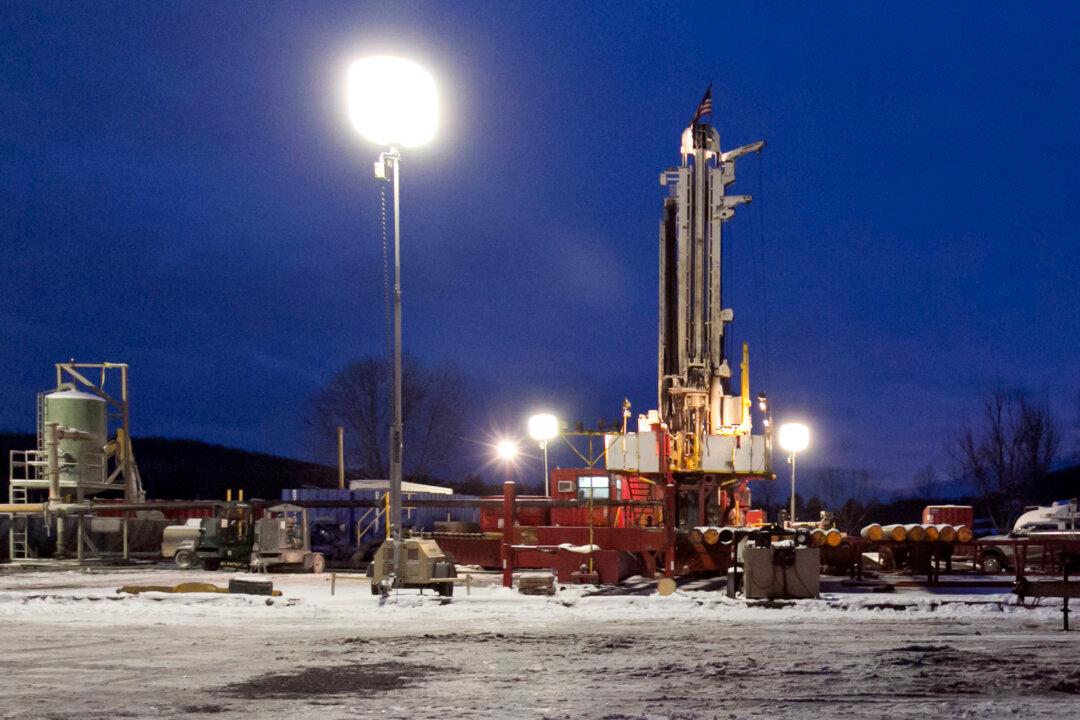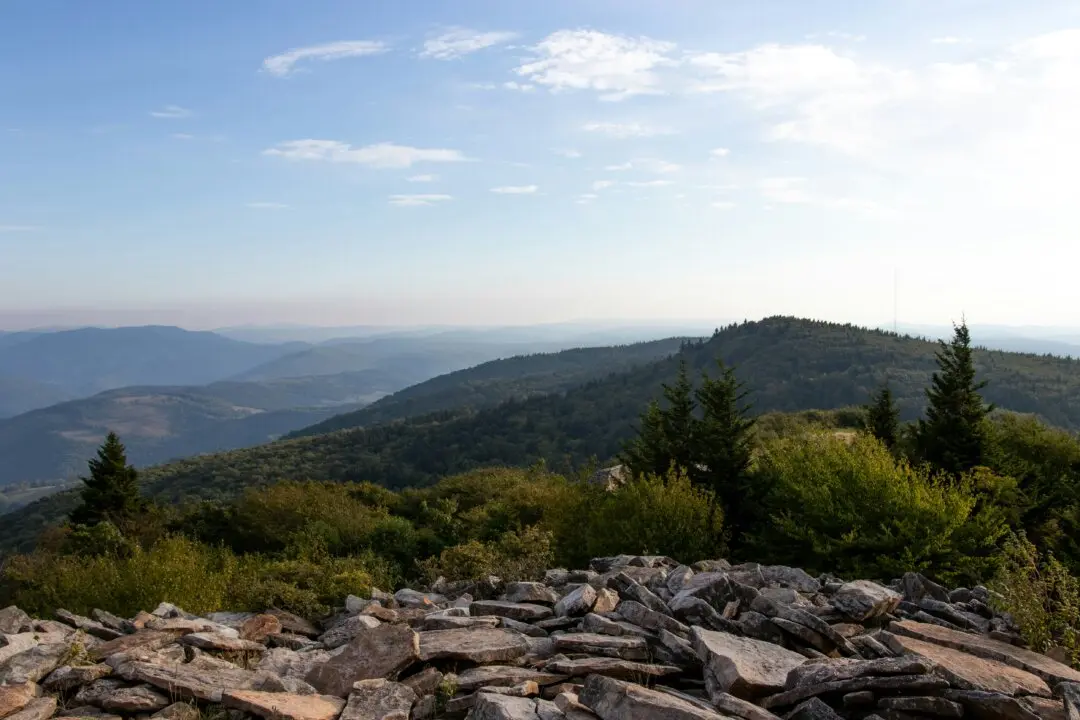Commentary
CANONSBURG, Penn.—Thirty years ago, Jason Capps was a young man with ambition, but when he looked around his hometown of Canonsburg—located near Pittsburgh—all he saw were opportunities slipping away. The coal mines where his father worked were dying, and the glass, steel, and manufacturing industries were on their last legs.





